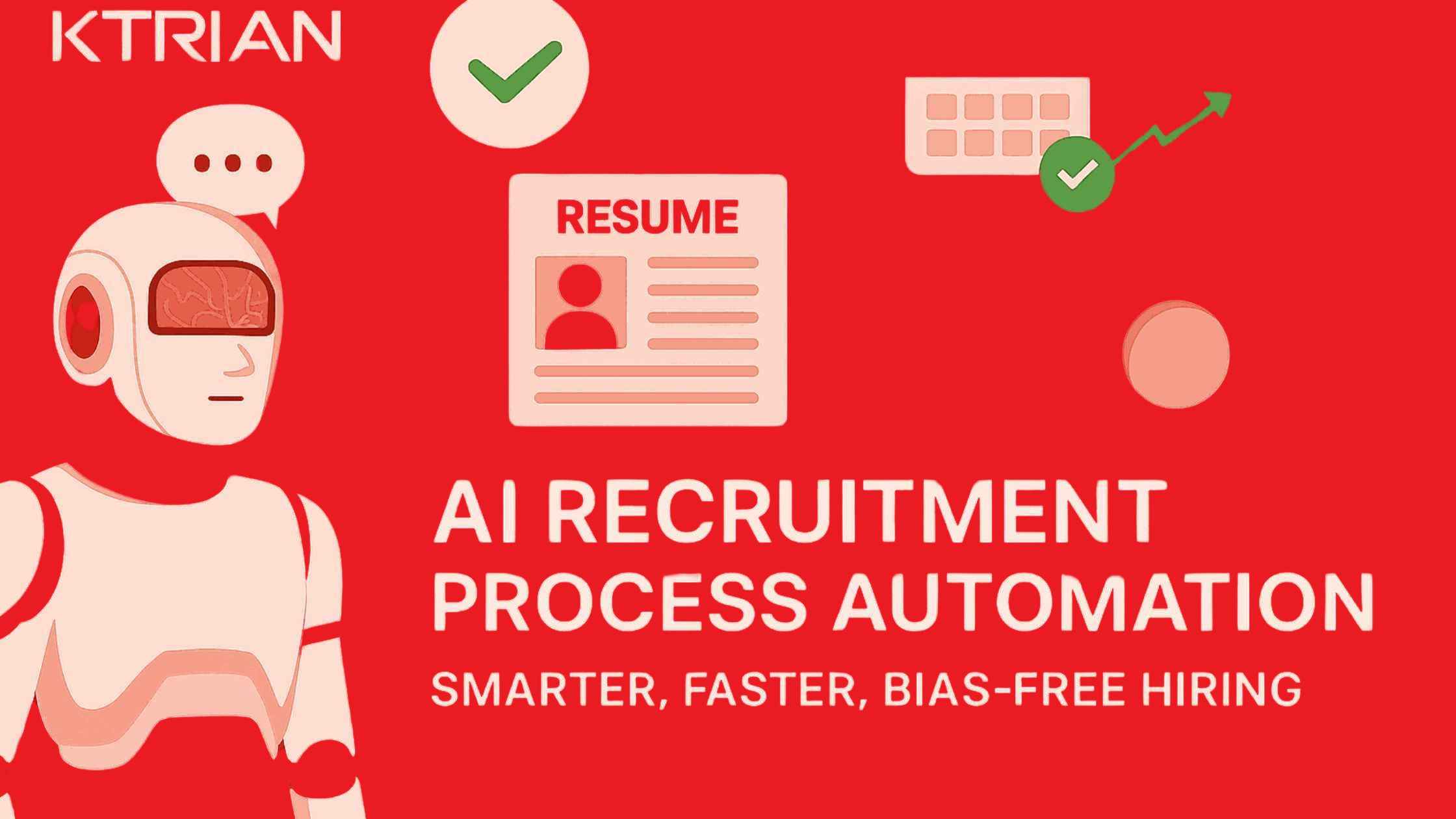The future of work is likely to be characterized by a continued trend towards greater flexibility and mobility in the way that work is done. Many people are already working remotely or on a flexible schedule, and this trend is likely to continue as technology makes it easier for people to communicate and collaborate from anywhere. There may also be a greater emphasis on skills and knowledge as the economy becomes more service- and knowledge-based, rather than being primarily focused on manufacturing and production. In addition, there may be more opportunities for people to work independently or as part of small, agile teams, rather than being tied to a single employer or location. There is also a possibility that there will be greater use of automation and artificial intelligence in the workplace, which could lead to changes in the types of jobs that are available and the skills that are required to perform them.
The future of work is a topic that is on the minds of many people, as advances in technology, the economy, and social changes are all influencing the way we work. Some experts predict that the future of work will involve more remote work, increased automation and use of artificial intelligence, and a greater emphasis on skills such as creativity, problem-solving, and adaptability.
One trend that has already begun to emerge is the rise of the gig economy, in which people work on a project-by-project basis rather than having a traditional full-time job. This trend is likely to continue as companies increasingly look for flexible and cost-effective ways to get work done.
Another trend that is expected to shape the future of work is the increasing importance of soft skills, such as communication, teamwork, and emotional intelligence. As technology becomes more prevalent in the workplace, these skills will become increasingly important for workers who want to stand out and advance in their careers.
Overall, the future of work is likely to involve a mix of both traditional and new ways of working, and it will be important for individuals to stay up-to-date on the latest trends and be flexible and adaptable in order to succeed in the changing job market.
Virtual staffing refers to the practice of hiring employees who work remotely, either from a home office or from a location outside of the company’s physical location. Virtual staffing has become increasingly popular in recent years due to advances in technology that make it easier for people to work remotely and communicate with each other online.
There are several benefits to virtual staffing for both employees and employers. For employees, virtual work can offer a greater degree of flexibility and autonomy, as well as the opportunity to work from anywhere in the world. For employers, virtual staffing can help to reduce overhead costs, such as office space and utilities, and can also allow companies to access a wider pool of talent from around the globe.
However, virtual staffing can also present some challenges, such as the need to establish clear communication and work processes, and the need to ensure that virtual employees have the necessary resources and support to be productive. It is important for companies to carefully consider their needs and whether virtual staffing is the right fit for their business before making the decision to hire virtual employees.
Virtual recruiting is the process of recruiting and hiring employees remotely, typically using online platforms and tools. Virtual recruiting has become increasingly common in recent years due to advances in technology and the rise of remote work.
There are several advantages to virtual recruiting for both employers and job seekers. For employers, virtual recruiting allows them to access a wider pool of talent from around the globe and can be more cost-effective than traditional in-person recruiting. For job seekers, virtual recruiting offers the opportunity to apply for and interview for jobs from the comfort of their own home and can make the job search process more convenient.
However, virtual recruiting also has some challenges. It can be more difficult to get a sense of a candidate’s personality and fit for the company when conducting interviews remotely, and there may be technical issues that arise when using online platforms. To maximize the success of virtual recruiting, it is important for companies to establish clear communication and work processes, and to provide necessary resources and support to virtual employees.
Virtual recruiting refers to the process of sourcing, screening, and hiring candidates for a job using digital technologies, such as video conferencing, online job boards, and social media. Virtual recruiting has become increasingly common in recent years, as more companies have embraced remote work and as advances in technology have made it easier for job seekers and employers to connect online.
There are several advantages to virtual recruiting for both job seekers and employers. For job seekers, virtual recruiting can provide more opportunities to connect with potential employers and find job openings that may not be advertised locally. For employers, virtual recruiting can help to reduce the cost and time associated with traditional in-person recruiting, and can also allow companies to access a wider pool of talent from around the globe.
However, virtual recruiting also has some challenges, such as the need to establish effective communication channels and to ensure that virtual candidates have the necessary resources and support to succeed in the role. It is important for companies to carefully consider their needs and whether virtual recruiting is the right fit for their business before making the decision to hire virtual employees.
Virtual recruiting refers to the use of technology and online platforms to identify, attract, and hire candidates for job openings, all without the need for in-person interactions. Virtual recruiting has become increasingly popular in recent years due to advances in technology that have made it easier for companies to connect with candidates online and the increasing prevalence of remote work.
There are several ways that companies can use virtual recruiting to find qualified candidates. These include:
- Online job boards: Companies can post job openings on online job boards and receive applications from interested candidates.
- Social media: Companies can use social media platforms such as LinkedIn and Twitter to reach out to potential candidates and promote job openings.
- Video interviews: Companies can conduct initial interviews with candidates via video conferencing tools such as Zoom or Skype.
- Virtual open houses: Companies can host virtual open houses or job fairs to allow candidates to learn more about the company and its culture and to meet with hiring managers.
Virtual recruiting can be an effective way for companies to reach a wide pool of candidates and to hire top talent, but it is important for companies to ensure that they have a clear and well-defined recruitment process in place to ensure that they are able to find the best fit for their organization.
Virtual recruiting is likely to play a significant role in the future of work, as advances in technology and the increasing prevalence of remote work are changing the way that companies hire employees. Virtual recruiting allows companies to reach a wider pool of candidates and to hire top talent from anywhere in the world, which can be particularly valuable in industries where there is a high demand for skilled workers.
However, virtual recruiting also presents some challenges, such as the need to establish clear communication and work processes and the need to ensure that virtual employees have the necessary resources and support to be productive. Companies will need to carefully consider their needs and whether virtual recruiting is the right fit for their business before making the decision to hire virtual employees.
Overall, the future of work is likely to involve a mix of both traditional and new ways of working, and virtual recruiting will likely be an important part of this. It will be important for companies to stay up-to-date on the latest trends and to be flexible and adaptable in order to succeed in the changing job market.
Virtual recruiting is likely to continue to play a significant role in the future of work, as the trend towards remote work and flexible work arrangements grows. As more companies adopt remote work policies and as technology continues to advance, virtual recruiting will become an increasingly important tool for companies looking to hire top talent from around the globe.
Virtual recruiting offers several benefits for both companies and candidates. For companies, virtual recruiting allows them to reach a wider pool of candidates and to hire top talent from anywhere in the world. It can also be a cost-effective way to recruit, as it eliminates the need for in-person interviews and travel.
For candidates, virtual recruiting offers the opportunity to apply for and interview for jobs from anywhere, which can be especially appealing for those who may not be able to travel for an in-person interview. It can also be a more convenient and flexible way to job search, as candidates can apply for and interview for jobs from the comfort of their own homes.
Overall, virtual recruiting is likely to continue to be an important tool for companies looking to hire top talent in the future of work.
Virtual recruiting is likely to play a significant role in the future of work, but it is not the only factor that will shape the way we work in the future. Other trends that are expected to shape the future of work include the increasing importance of soft skills, such as communication and problem-solving, the rise of the gig economy and project-based work, and the continued advancement of technology, including the use of artificial intelligence and automation.
Virtual recruiting can be an effective way for companies to find and hire top talent from around the world, and it is likely to continue to be an important tool for companies as the trend towards remote work and flexible work arrangements grows. However, it is important to note that virtual recruiting is just one aspect of the future of work, and companies will need to be adaptable and flexible in order to succeed in the changing job market.
Virtual recruiting is likely to be an important part of the future of work, but it is not the only factor that will shape the way we work in the future. There are several other trends that are expected to influence the future of work, including:
- The rise of automation and artificial intelligence: As technology advances, it is likely that more tasks will be automated, which could lead to changes in the types of jobs that are available and the skills that are in demand.
- The gig economy: The gig economy, in which people work on a project-by-project basis rather than having a traditional full-time job, is expected to continue to grow in the future.
- The importance of soft skills: As technology becomes more prevalent in the workplace, soft skills such as communication, teamwork, and emotional intelligence are expected to become increasingly important for workers who want to stand out and advance in their careers.
- The shift towards remote work: The COVID-19 pandemic has accelerated the trend towards remote work, and it is likely that more companies will adopt remote work policies in the future.
Overall, the future of work is likely to involve a mix of traditional and new ways of working, and it will be important for individuals to stay up-to-date on the latest trends and be flexible and adaptable in order to succeed in the changing job market.












